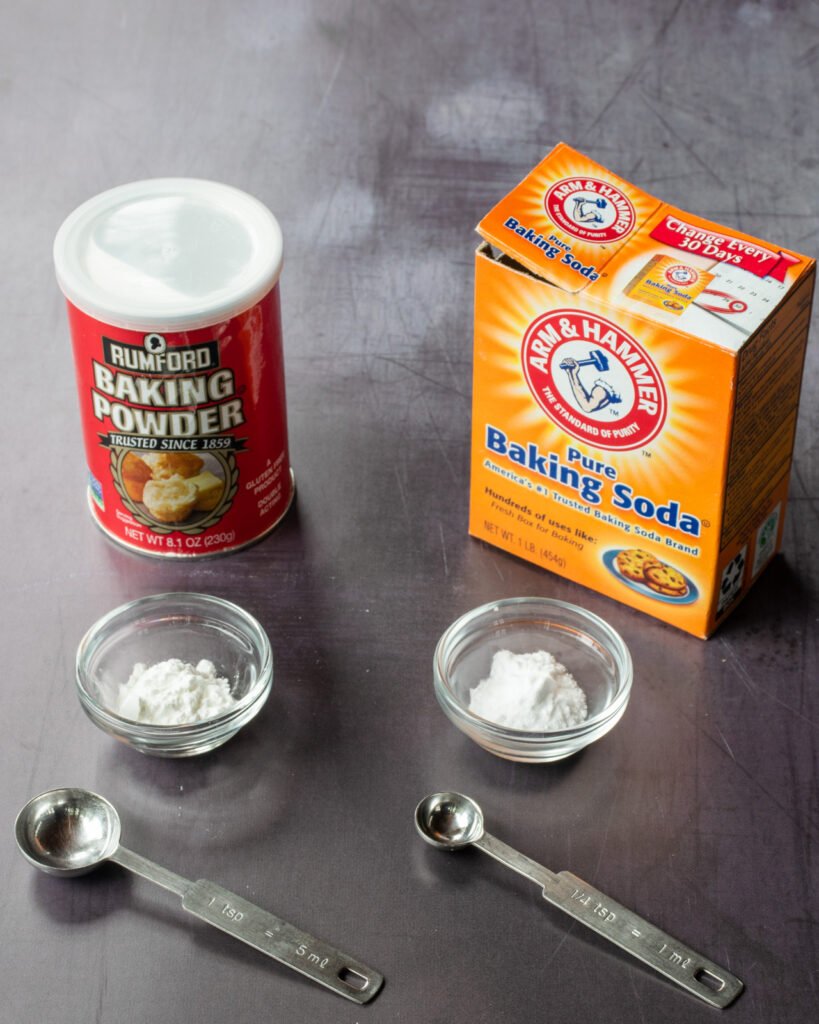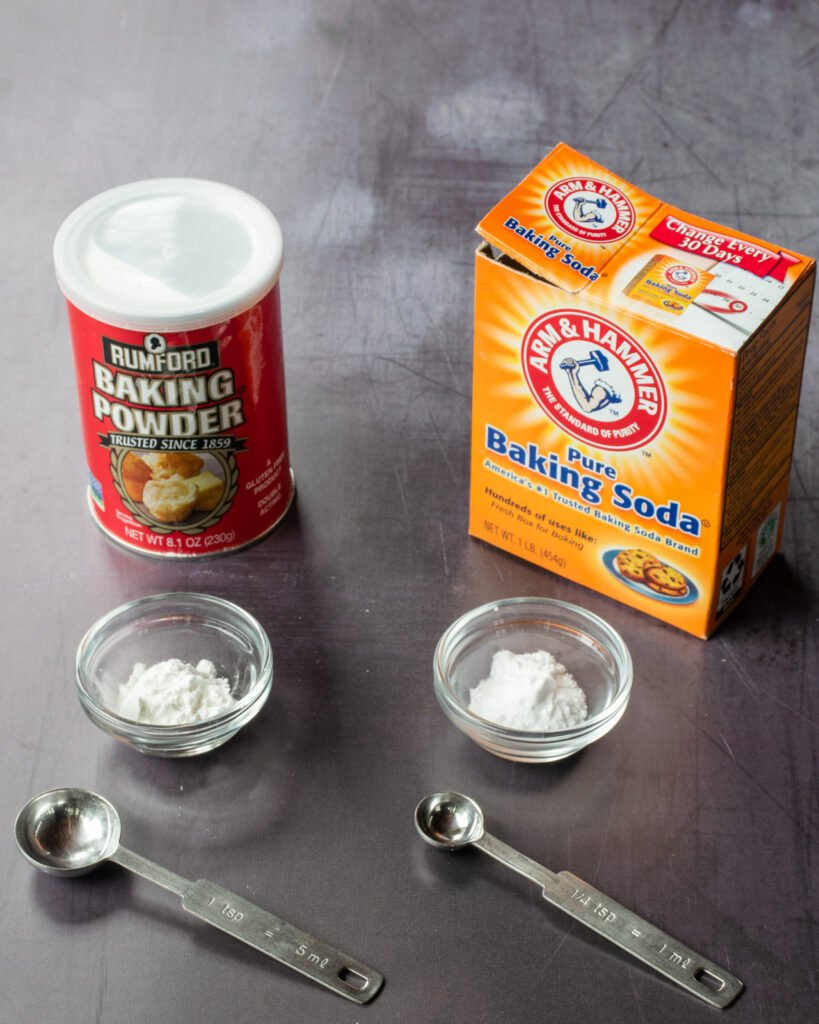
Taking a daily spoonful of baking soda, or sodium bicarbonate, is a practice some people consider for various health benefits due to its alkaline properties. However, it’s important to approach this practice with caution and understand both the potential benefits and risks. Here’s a breakdown of what consuming baking soda daily might do to your body:
Potential Benefits of Baking Soda
-
Neutralizes Stomach Acid:
-
Baking soda can quickly neutralize stomach acid, providing relief from heartburn and indigestion. It acts as an antacid, which is why it’s a common ingredient in over-the-counter antacid products.
-
-
Enhances Athletic Performance:
-
Some studies suggest that baking soda can act as an ergogenic aid, meaning it might help enhance physical performance. It does this by buffering lactic acid buildup in muscles during intense exercise, potentially improving endurance and reducing fatigue.
-
-
May Improve Kidney Health:
-
For individuals with chronic kidney disease, who often suffer from acidosis (excessive acidity of the body fluids), taking baking soda could help to manage the condition and support kidney function.
-
-
May Influence Urinary Tract Infections:
-
By making the bladder environment more alkaline, baking soda might help reduce the severity and recurrence of UTIs, although more research is needed in this area.
-
Considerations and Risks
-
Dosage Concerns:
-
The amount and concentration of baking soda taken daily is crucial. Too much can disrupt the body’s acid-base balance, leading to metabolic alkalosis, a condition characterized by excessive alkalinity in the body.
-
-
Side Effects:
-
Possible side effects include increased thirst, stomach cramps, gas, and more severe effects like swelling of the feet or legs due to sodium overload.
-
-
Interactions with Medications:
-
Baking soda can interact with various medications, including prescription drugs, over-the-counter medicines, and other dietary supplements. This can affect how drugs are absorbed or how they work.
-
-
Not Suitable for Everyone:
-
People with high blood pressure or those on sodium-restricted diets should avoid taking baking soda due to its high sodium content. It can exacerbate conditions related to sodium imbalance.
-
How to Use Safely
-
Consult a Healthcare Provider: Before starting any routine involving baking soda, especially daily intake, consult with a healthcare provider to discuss your health conditions and potential risks.
-
Appropriate Dosage: If approved, ensure you’re consuming the correct dosage. Typically, for antacid use, a half teaspoon of baking soda is mixed in at least 4 ounces of water and taken 1 to 2 hours after meals; not to exceed seven half-teaspoon doses in a 24-hour period.
In summary, while a daily spoonful of baking soda might offer certain health benefits, it is vital to use it cautiously and under medical supervision to avoid adverse effects. It’s always best to rely on a balanced diet and healthy lifestyle choices for managing health issues and improving overall well-being.





